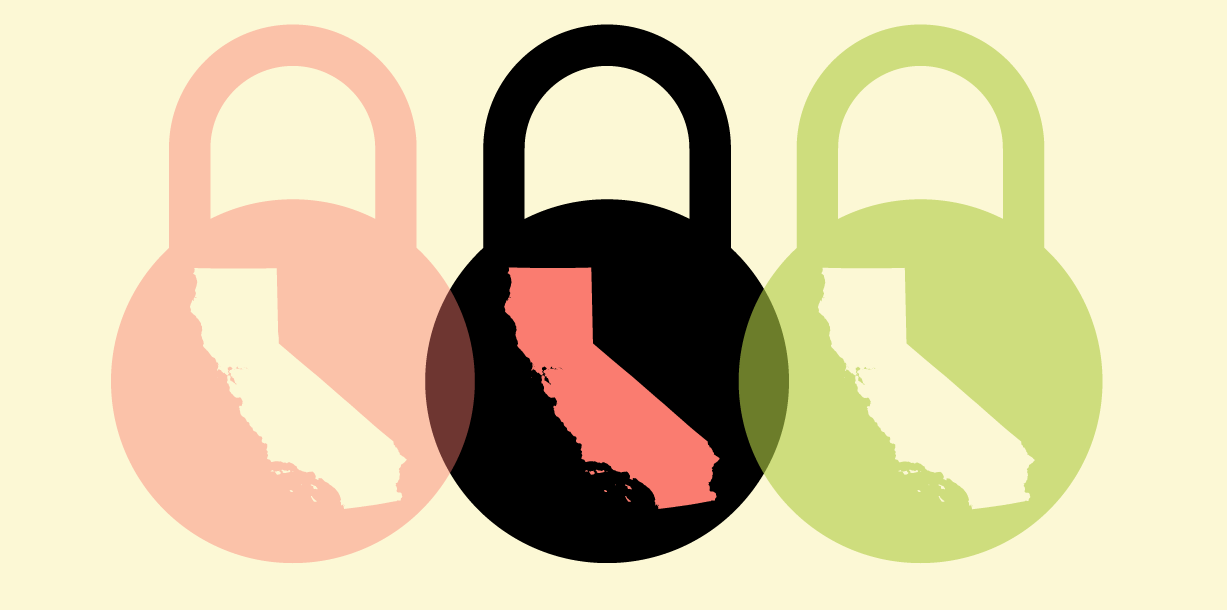Hundreds of thousands of Californians last year demanded that big technology companies respect their privacy rights, and supported a movement that led to the California Consumer Privacy Act.
The law will go into effect on January 1, 2020. Big technology companies fought hard against the CCPA and have been leaning heavily on Sacramento legislators ever since to gut the law. With just weeks to go before the legislative session ends, they are pulling out the stops for an eleventh-hour effort to weaken the CCPA before it goes into effect.
The Internet Association—a trade group for big technology companies such as Google, Facebook, and Amazon—spent nearly $176,000 to lobby the California legislature last quarter, according to the Washington Post. It is now running misleading ads on social media asking Sacramento lawmakers to weaken the law.
The group claims that surveillance-based advertising technology, which slurps up and broadly spreads consumers’ personal data without their knowledge, should be exempted from the CCPA. In truth, surveillance-based adtech is one of the worst privacy hazards that the law was designed to stop. It also provides little benefit to online publishers, and erodes trust between companies and their consumers.
While the Internet Association is vocal in Sacramento, what do its member companies have to say about these efforts to water down this popular law? When asked by the Washington Post about the IA’s campaign—backed by the membership of big tech firms—Facebook declined to comment. Google, which Bloomberg reported is also directly lobbying for an adtech exemption from the CCPA on its own, didn’t respond to multiple requests for comment from The Washington Post on the IA's campaign. This is how trade associations often work: the association takes an unpopular position on a bill; that unpopular position, if adopted by the legislature, would increase the profits of the association’s members. And the association’s members, when asked what they think of the association’s unpopular position, refuse to take a public position.
The CCPA creates four basic rights for consumers: a right to know what information covered companies have about them, a right to request that information be deleted, a right to opt out of the sale of that information, and a right to receive equal service and pricing from a business if a consumer chooses to exercise their CCPA rights.
We urge the state’s lawmakers not to listen to the Internet Association’s misleading campaign to roll back the basic protections that their constituents have been clear in demanding. This fight is not only about Californians’ rights. The CCPA, as it currently stands, is one of the strongest consumer data privacy laws in the country, and legislators across the U.S. have looked to it for inspiration. (We have our own recommendations about what should go into strong data privacy laws.)
Sacramento legislators should be making the CCPA stronger, not weaker. The tech industry already rallied to stop two bills earlier this year that would have added much-needed protections to the CCPA. Industry groups also showed up in force to push through bills to weaken the CCPA, but fortunately they were stopped by Sen. Hannah-Beth Jackson in the Senate Judiciary Committee.
We call on the state’s lawmakers to stand up for the historic law they passed last year, and ensure that they give Californians the protections they deserve and demand.












